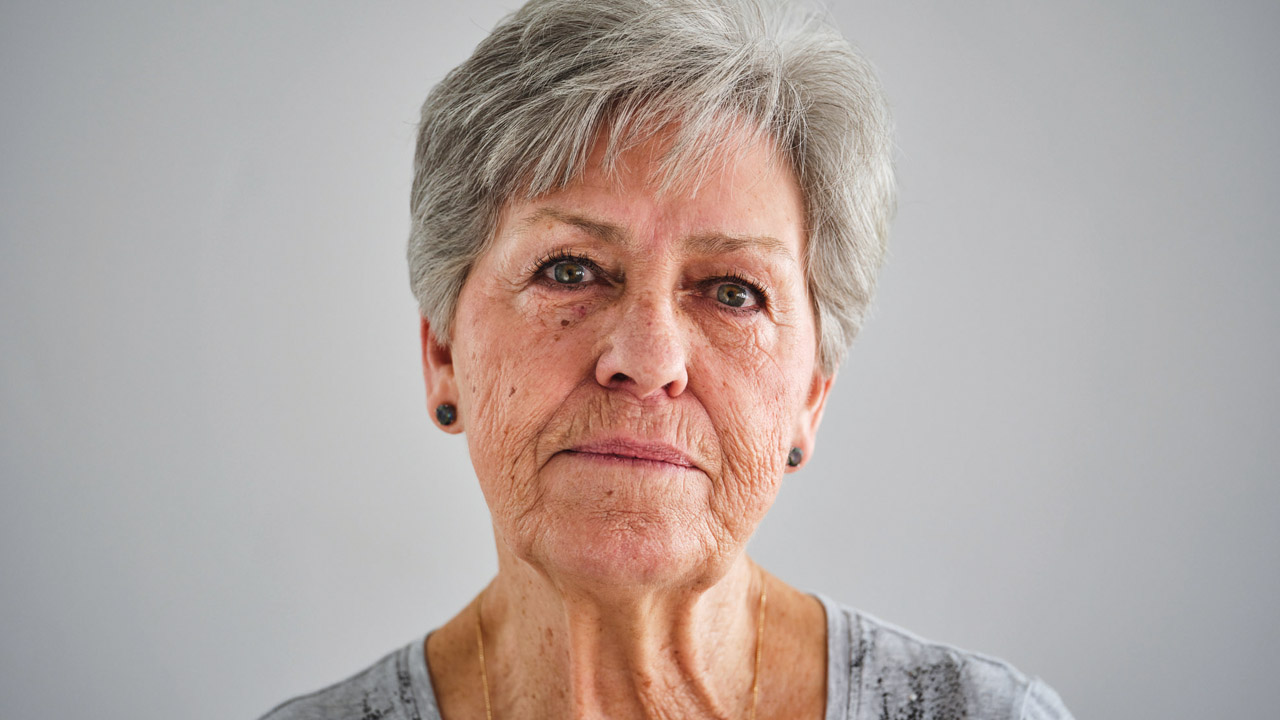In Clinical
Bookmark
Problem representation
A 71-year-old woman presents with a history of generalised itching that is interfering with sleep.
Hypothesis generation
Generalised itching is a common presentation and can be debilitating. Where skin lesions are absent, generalised itch is often caused by dry skin, although in up to 50 per cent of patients no identifiable cause is found. It can also indicate an underlying internal cause.
These are many possible explanations which may stem from a metabolic or haematologic cause, endocrine dysfunction or certain forms of cancer. In elderly people dry skin is a common cause of pruritus, especially during extremes of temperature, and this should be prominent in your thinking as to the cause of her symptoms. However, her age and change in skin pigmentation should also raise suspicions of an underlying systemic condition.
Likely diagnosis
- Dry skin
Possible diagnosis
- Aquagenic pruritus
- Diabetes
- Haematological disorders (iron deficiency, polycythaemia vera)
- Infection
- Liver disease
- Medicines
- Neurological (e.g. multiple sclerosis)
- Psychological (e.g. anxiety/depression)
- Sjögren’s syndrome
- Thyroid dysfunction
Critical diagnosis
- Malignancy
- Renal failure.
Continued information gathering
At this point you should examine the skin to confirm the absence of any lesions and to assess skin integrity. You find no visible lesions and the skin, in places, shows superficial scaling, supporting dry skin as the cause of the itching.
Mrs Morris has been on holiday in Spain. Infections causing pruritus are mostly associated with low and middle income countries, implying this is not the cause here. She does take a statin – a known drug class that can cause itching. You check her history. The atorvastatin was first prescribed two years ago and there have been no recent dose changes, suggesting this is not the cause of her itching.
You ask if the itch is worse at any time or if any particular part of her body seems more affected. Mrs Morris reiterates that her sleep is often disturbed. This finding points away from liver disease, where itch is often worse on the palms and soles. With regard to liver disease you also note no yellowing of the sclera or jaundice. Itching associated with dry skin still seems likely.

